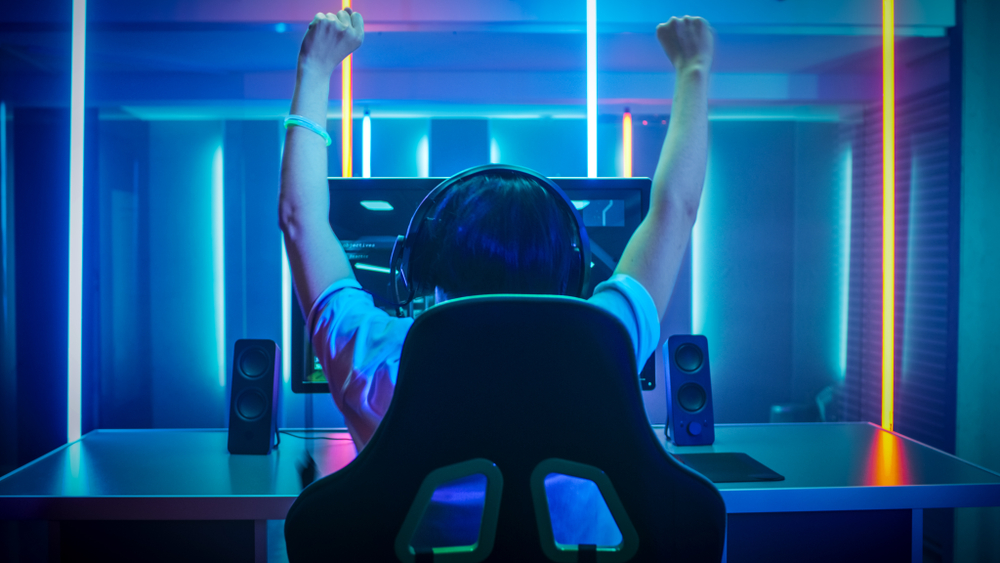Video game creators settle in a trademark infringement case arising in a California federal court, but what if they hadn’t? MMR Strategy Group explores how, if this case went to trial, consumer survey evidence might be used.
Riot Games Case Facts
Riot Games, Inc. filed a trademark infringement case in a California federal court against T2M Gaming and T2M Sports, Inc. Riot Games is a video game developer and esports (competitive video gaming) organizer, and the owner of registered trademarks for “Riot” in the field of video games. According to the complaint, as the developer of one of the world’s most popular PC video games, League of Legends, and many other top-performing games, Riot believes that attaching the word “Riot” to any video game, gaming hardware, or gaming event increases its value. Fans, esports players, and those in the industry call Riot Games “Riot” for short, and Riot Games has a record of being selective with its partnerships, which include Xbox, mobile applications, gaming hardware, and more.
T2M and T2M Sports make and sell video game devices that are sold separately from the console, such as controllers. These devices add different functionality to the main unit. The market for gaming peripherals is over $6 million market now but is estimated to reach $14 million by 2030. In March of 2018, T2M was founded and released the Rotor Riot mobile video game controller. In 2021, T2M rebranded the controller as RiotPWR.
Fraser Townley, founder of T2M, claims that consumers know the difference between its products and products affiliated with Riot Games, and that he intended to continue producing peripherals and expand into esports. Riot Games reported a number of player support requests arising from alleged customer confusion as to the origin of T2M products.
Riot Games in a League of Their Own?
In 2021, T2M filed domestic and international trademark applications for Riot PWR; it had already registered Rotor Riot in the European Union. Riot Games filed an opposition to the application. A California court approved a settlement agreement on June 28, 2023, with an agreement that T2M won’t sell or manufacture the controller at issue, will withdraw the trademark applications it filed domestically, and will cancel any other registrations it owns for any mark that includes the word “Riot.” It also agreed to stop using any domain it owns or controls that contains the word “Riot.”
Fame, Likelihood of Confusion, and Other Consumer Survey Applications
This case has a number of facts and allegations that consumer surveys might help to address. If, for example, Riot Games claims that it is famous in the gaming community, a “fame” or “awareness” survey could test the extent of that fame. The results of such an awareness survey might also be helpful in determining what type of survey would be appropriate for measuring any consumer confusion between Riot Games and T2M’s Riot controllers. Often, where a senior mark is well known, an Eveready surveyc can measure likelihood of confusion. If the senior mark is not sufficiently well known, and if the goods are typically sold in proximity in the marketplace, then a Squirt survey could be used to measure likelihood of confusion. A survey could also be used in this type of litigation to measure the importance of the name in consumer purchase decisions. Furthermore, a conjoint survey might be used to measure whether a brand name makes a consumer more likely to purchase a certain product, or more likely to pay more for that product.
If consumer confusion, product origin, and advertising messaging are at issue in a case, a consumer survey can help. If you are looking for reliable research conducted by experienced consumer survey experts, contact MMR Strategy Group.
